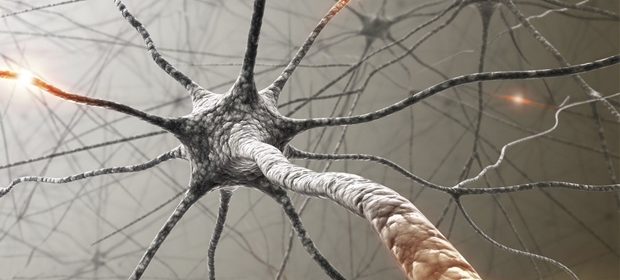sex side effects of cymbalta

Although spasticity is a condition involving unusual tightness of muscles in the body, the cause typically originates from an injury to or disorder of the central nervous system (CNS).
Although the exact etiology is unknown, it is believed that the CNS damage increases the excitability of the stretch reflex receptors in the muscles, causing the muscles to contract in response.
This damage may be caused by a disorder of the central nervous system, such as multiple sclerosis of cerebral palsy, or an injury to the area. Additionally, some other factors are linked to triggering symptoms in patients with preexisting symptoms, but are not thought to be a primary cause of spasticity.
Pathophysiology
The specific pathophysiology of spasticity is not clear but several theories have been suggested to explain the cause of the condition.
Spasticity is thought to present as a result of an imbalance of neurotransmitters involved with the α motor neurons, following damage to the nervous system and related muscles, which leads to increased excitability in the muscles.
The stretch reflex, which plays an important role in the coordination of muscle contractions and movements, may also be involved. This senses overstretching of the muscles due to the excitability and sends electrical signals to the brain, which responds by causing the muscles to shorten and contract to reverse the stretching. This unnecessary shortening and contraction of the muscles is the result of the process and is considered to be responsible for the distinctive symptoms of spasticity.
An alternative theory focuses on the formation of lesions in the upper motor neurons, which are also associated with some disorder of the central nervous system. Once again, this is thought to affect the signaling of muscle contractions and lead to spasticity.
Causative Central Nervous System Disorders
Spasticity often occurs in association with disorders that affect the brain or spinal cord of the central nervous system. These may include:
- Adrenoleukodystrophy
- Cerebral palsy
- Hydrocephalus
- Multiple sclerosis
- Neurodegenerative illness
- Parkinson’s Disease
- Phenylketonuria
- Spastic diplegia
- Tethered spinal cord
- Tumor of the brain or CNS
- Upper motor neuron syndrome
Additionally, an injury to the spinal cord or the brain may affect the peripheral nerves and cause inhibition of the nerves in the affected area. For example, a stroke can lead to insufficient oxygen supply to the brain, leading to permanent physical damage and the presentation of spasticity symptoms.
As a result, the excitability of the nerves often increases and the membranes of the nerve cells may also be more depolarized. These two factors lead to a reduction in the action potential threshold of the nerves and an increase in the propagation of nerve signals. These signals send the message to the brain of overstretching of the muscles, forcing the response to contact the muscles, leading to spasticity.
Triggers for Existing Spasticity
Additionally, there are some factors that are linked to an exacerbation of spasticity symptoms. These include:
- Bladder distention
- Bowel impaction
- Deep venous thrombosis
- Extreme temperatures
- Fatigue
- Infection
- Noxious stimuli
- Poor posture
- Pressure sore
- Stress
These factors are believed to cause a temporary worsening of the condition and further increase the excitability of the muscle receptors, and are hence associated as a trigger to worsen the symptoms.
References
- http://emedicine.medscape.com/article/2207448-overview#a5
- http://www.healthline.com/symptom/muscle-spasticity
- https://www.nlm.nih.gov/medlineplus/ency/article/003297.htm
Further Reading
- All Spasticity Content
- What is Spasticity?
- Diagnosis of Spasticity
- Spasticity Treatment
Last Updated: Aug 23, 2018

Written by
Yolanda Smith
Yolanda graduated with a Bachelor of Pharmacy at the University of South Australia and has experience working in both Australia and Italy. She is passionate about how medicine, diet and lifestyle affect our health and enjoys helping people understand this. In her spare time she loves to explore the world and learn about new cultures and languages.
Source: Read Full Article